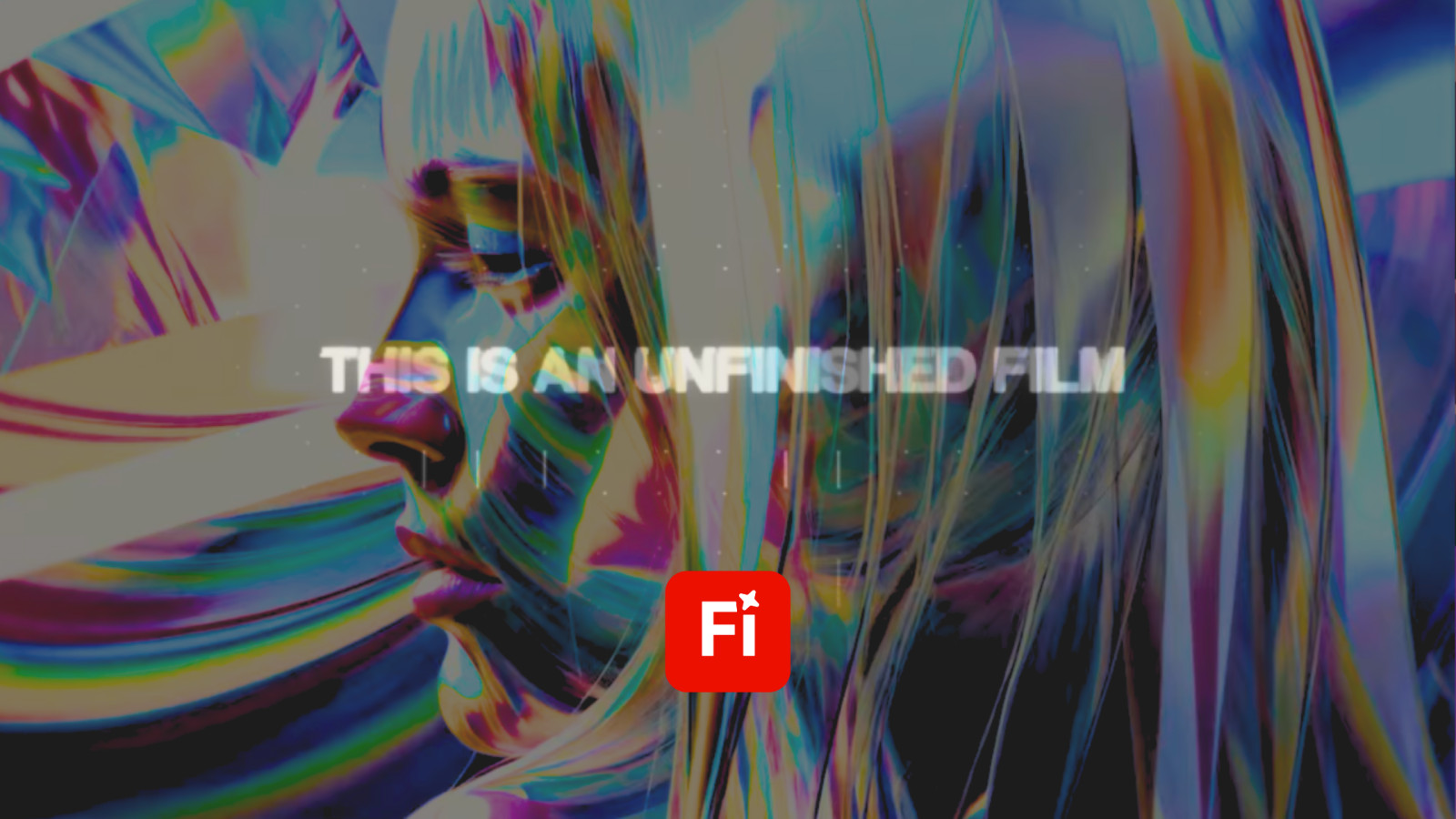Mainstream meets Fandom: How entertainment and creators can thrive together

Photo: Adobe Firefly

Fandom is evolving into a more powerful force within entertainment. The value gap between what entertainment IP holders produce and what fans can create is narrowing fast. This has implications for audience engagement. As outlined in MIDiA’s ‘The fandom eclipse’ report, fan content is increasingly competing for time spent, as it becomes a more important part of a viewer’s entertainment diet.
Yet, the importance of this dynamic is about more than just the increased quality of fan content. It is also about the willingness of fans to engage with the entertainment they love. This was laid bare in MIDiA’s latest creator economy report: ‘The future of creator apps | Fuelling engagement with fandom’. Nearly a third of TV and movie fans engaged with the entertainment they loved daily in Q1 2025, while close to a quarter did so multiple times a day.
These two dynamics show the important role fan creators play. Fans want to create but they also want lots of content to engage with. Fan creators provide a steady drum beat of content outside of the official release window for an IP that helps feed the fan community’s insatiable appetite. By providing videos, music remixes or game mods, fan creators are nurturing the fan / IP relationship on behalf of the rights holders without them having to invest more time and effort.
This is a worthwhile trade-off, even if fan content is claiming monetisable engagement. IP holders should support fan creators as an extension of the value chain, rather than threatening with copyright strikes. Afterall, IP visibility is crucial in an attention economy where fans may quickly switch to an IP that enables their passion to engage.
Featured Report
Defining entertainment superfans Characteristics, categories, and commercial impact
Superfans represent a highly valuable yet consistently underleveraged audience segment for the entertainment industry. What drives this disconnect is the fact that – despite frequent anecdotal use of the term – a standardised, empirical definition remains absent, preventing companies from systematically identifying, nurturing, and monetising th...
Find out more…Blank spaces for fans
Adobe Firefly’s The Unfinished Film project is an example of how IP holders and fans could work together harmoniously. Working with AI filmmaker Sam Finn, the initiative gives creators a half-finished movie and encourages them to add their own narrative direction using generative AI tools. Anyone, regardless of their creative skill, can take part in the process. Adobe has partnered with four creators (Noemie Pino, Phil Cohen, Jad Kassis and Keenan Lam) to provide inspiration and show the different creative possibilities in action.
What this project demonstrates is that AI tools are removing the definitive full-stop around any creative project. This an important point for entertainment IP holders to process. In Q1, MIDiA data showed that a fifth of fans were already creating and sharing content as part of their engagement with the entertainment they love. This practice is now poised to increase as AI tools like Adobe Firefly lower the barrier to enable more consumers to become fan creators as well.
Put simply, IP holders are better off getting to grips with the trend by establishing rules of engagement that deliver upside for both parties. There needs to be a commercial framework that gives fan creators an avenue for producing fan content without breaching copyright, while also enabling IP holders to secure some kind of commercial return.
Unlocking fan creation revenues for IP holders
MOD INC is among the companies making progress in this field. Short for Merch on Demand, MOD provides a platform for both IP holders and fans to monetise fan creation around merchandise. Fans can share their art works, get them officially licenced with the IP holder, before selling them online. The risk of copyright infringement is removed by brand approval, while ensuring the fan artist, the IP holder and MOD gets a cut of any sales. By legitimising the practice, IP holders can lean harder into fan creation by making it a bridge that brings them closer to the community rather than in conflict. This can be achieved by authorised fan creation contests, or through collaborative creations such as those put forward by Adobe.
The more bridges IP holders build the more likely they are to share in engagement fostered by fan creation. Copyright infringers can be transformed into chief cultivators of fan engagement. With a seat at the table, IP holders will find fans easier to engage with and gain valuable insight on the community that can increase the likelihood of future projects landing well. There is so much to be gained from a stronger relationship between IP holders and fans. However, the onus is on the IP holder to realise the commercial potential.

The discussion around this post has not yet got started, be the first to add an opinion.